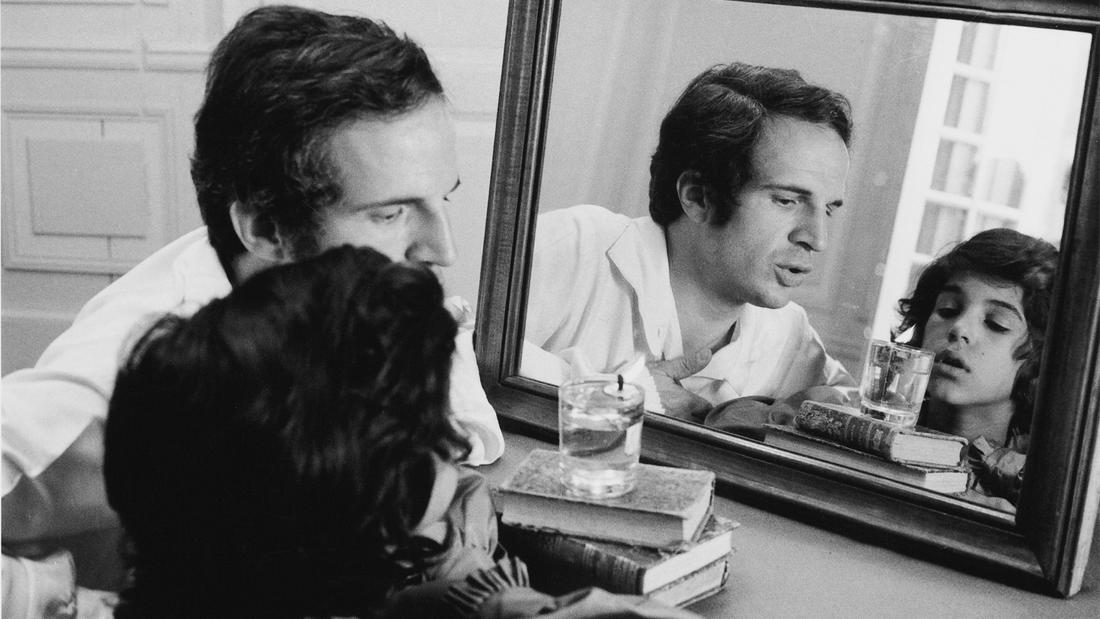Grants

Dr. Judy Shepard-Kegl
Professor of Linguistics, University of Southern Maine
The Wild Child
Program Description
A program pairing Truffaut’s classic film with a presentation on language acquisition from a leader in the field who has worked extensively with deaf individuals and language isolates. Target audiences included foreign/French film enthusiasts, students and educators in the fields of linguistics, deaf studies, and American Sign Language, and deaf and hard of hearing individuals and advocates.
In order to make the speaker’s presentation accessible to the deaf and hearing impaired, the theater hired a private interpreter to translate the speaker’s remarks into American Sign Language. The program drew a sold-out audience.
Outreach Strategy
- Promoted the program via standard channels: Coolidge website; flyers in lobby; e-blasts to members, Science on Screen list, and general list; in-theater slideshow of upcoming events; theater lobby video reel; Facebook and Twitter postings; online event calendars
- Distributed press release to media and blogger list
- Event featured on Boston Museum of Science’s website (MOS is a co-presenter of Science on Screen) and in their e-news
- Contacted film departments, including professors teaching French film, and film Meetup groups
- Reached out to deaf studies, American Sign Language, and interpreter education programs at local universities; to schools for the deaf and hard of hearing; to non-profits and government agencies providing services to the deaf and hard of hearing; to local chapter of the American Sign Language Teachers Association; and to professional ASL interpreters; in addition, volunteer organizers of the Deaf and Hard of Film Club at the Coolidge promoted the event to their list
- Promoted to linguistics professors and linguistics clubs
- Contacted developmental psychology professors
- Notified Women in Science groups
- Contacted French Consulate, French Cultural Center, college/university French departments, and French language Meetup groups
Program Description (as used in promotional outreach)
This cinema classic from legendary director François Truffaut is based on a true story of a feral boy found wandering naked and alone in the forests of southern France in 1798. Presumed to have grown up without human contact and unable to speak or communicate, he is taken to the National Institute for the Deaf in Paris, where he attracts the attention of an idealistic and ambitious doctor named Jean Itard (played by Truffaut himself). Itard brings the boy, whom he christens Victor, into his home, where he determinedly attempts to teach him language and a sense of morality. Although Victor responds in some measure to Itard’s efforts to educate and socialize him, in the end the wild child remains an enigma.
Truffaut’s deeply moving film is notable not only for its cinematic mastery, but also for its fascinating exploration of human learning and language development. Joining us before the film for a talk on language acquisition is Dr. Judy Shepard-Kegl, a full professor in the Linguistics Department at the University of Southern Maine, where she teaches linguistics and interpreting, directs the Signed Language Research Laboratory, and coordinates the ASL/English Interpreting Track of the linguistics major.
Dr. Shepard-Kegl has published extensively on the linguistics and neurolinguistics of American Sign Language and English, but she is perhaps best known for her discovery and documentation of an emerging signed language in Nicaragua in the mid-1980s. Her work ties into the film on many levels, including the fact that of the more than 4,000 deaf individuals she studies, 450 were language isolates at her first contact with them.
Dr. Shepard-Kegl (PhD, MIT) has held academic posts at Hampshire College, Northeastern, Princeton, Swarthmore, and Rutgers, and has been awarded numerous research grants from the National Science Foundation and the National Institutes of Health.
Dr. Shepard-Kegl’s presentation will be translated into American Sign Language by Joan Wattman, CSC, CI and CT, SC:L, a private interpreter and part-time instructor at Northeastern University.